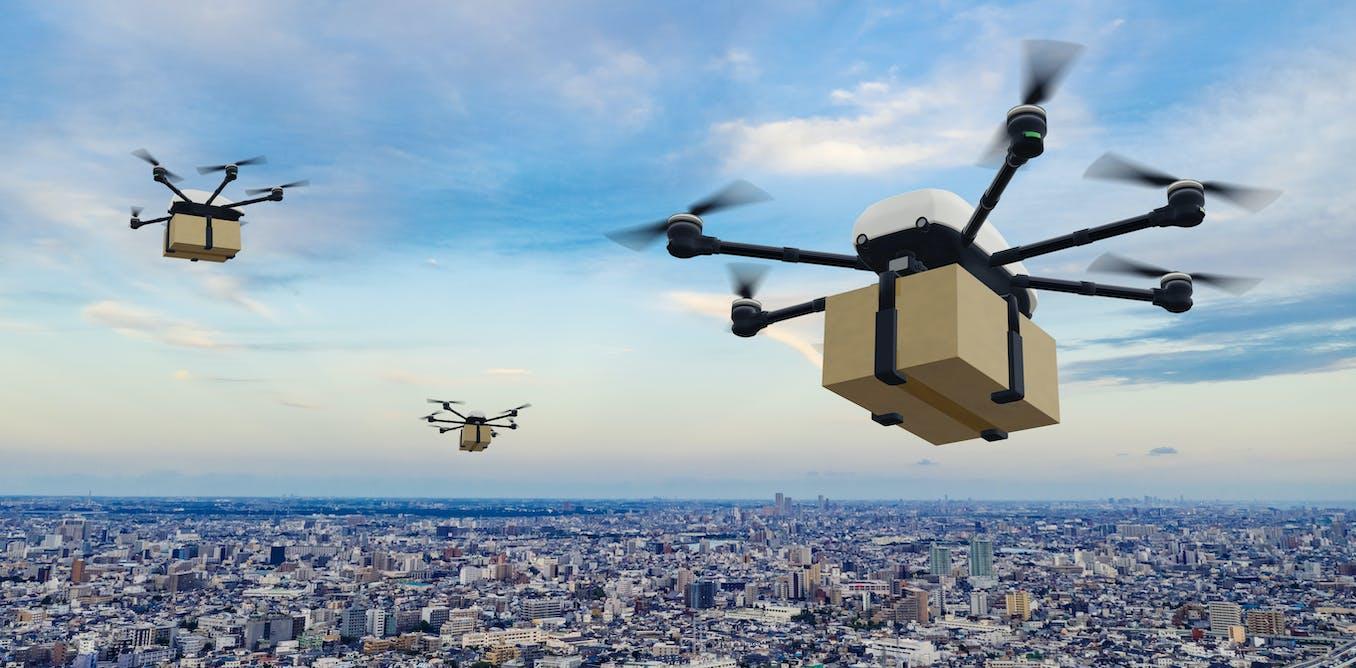

Alexander Adams
Sleepy Hollow High SchoolClass of 2024Sleepy Hollow, New York
About
Projects
- Assessing the Environmental Impact of Drone Delivery Services: A Comparative Analysis with Traditional Methods with mentor Alex (Sept. 21, 2023)
Project Portfolio
Assessing the Environmental Impact of Drone Delivery Services: A Comparative Analysis with Traditional Methods
Started Dec. 22, 2022

Abstract or project description
The growing demand for fast and efficient delivery services, driven by the rise in e-commerce and customer expectations, has led to the exploration of innovative solutions such as drone delivery. While these autonomous, electric drones are expected to greatly improve the delivery services of various companies, the environmental impact of their wide-scale use has not been fully considered. This paper investigates the environmental impact of using electric manual-control drones for delivery services compared to traditional delivery methods, like vans, with a focus on identifying optimization strategies to minimize their adverse environmental effects. The study evaluates both types of delivery networks based on factors such as energy consumption, greenhouse gas emissions, noise pollution, and waste generation. Data collection and analysis of real-world delivery operations, considering drone type, distance covered, and package weight, are conducted to better understand the environmental impact of drone delivery. The findings contribute to the growing body of research on sustainable transportation and provide insights for policymakers, distributors, and consumers in making informed decisions regarding the adoption of drone delivery services. The research aims to promote the development of sustainable delivery systems that balance efficiency with environmental stewardship, minimizing the negative impact of delivery services on the environment and fostering a more sustainable future.